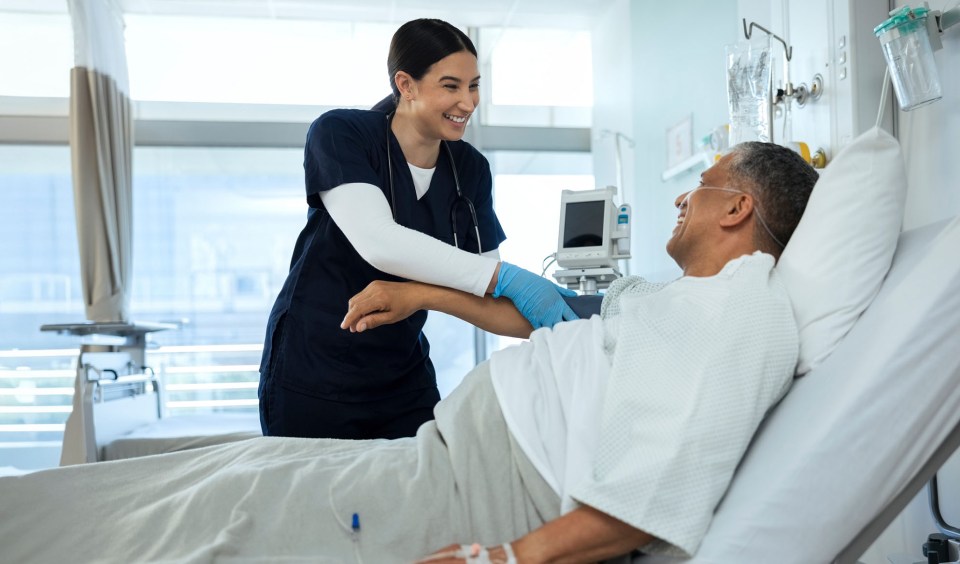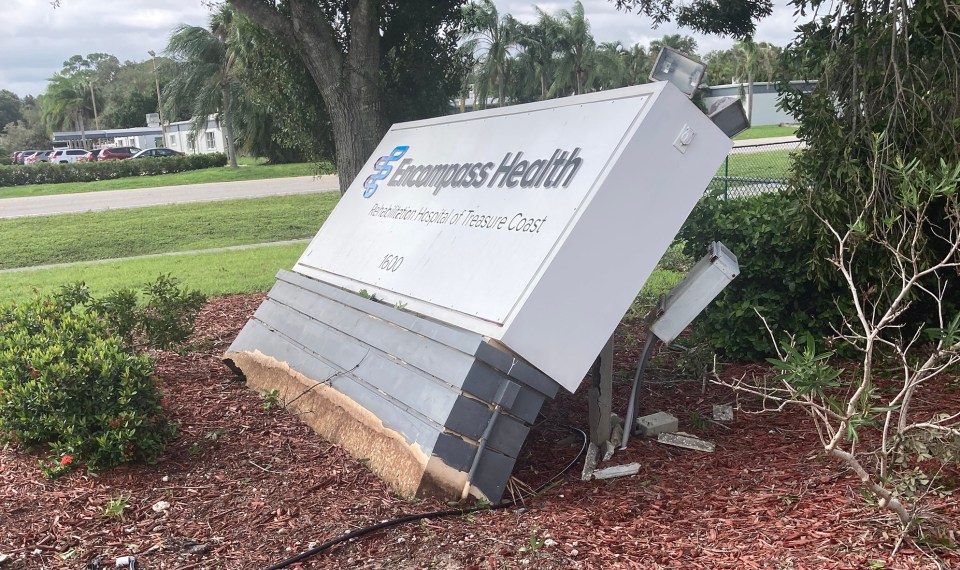Exercise has many benefits. Regular physical activity strengthens bones and muscles, helps manage weight, promotes better sleep and improves mood. It is also known to improve certain health conditions including Parkinson’s disease.
Although Parkinson’s disease is a progressive and degenerative disorder, the condition can respond favorably to exercise.
When it comes to Parkinson’s, exercising the voice can be just as important as exercising the body—which is why speech language pathologists should play a key role in a successful, well-rounded Parkinson’s exercise program.
At Encompass Health Rehabilitation Hospital of Harmarville, our Parkinson’s exercise program incorporates not only physical exercises, but also voice exercises and employs SLPs to assist this patient population in finding and strengthening their voice.
Voice exercises can improve vocal quality, volume and inflection, all of which lead to an enhanced ability to socialize and greater levels of independence, both of which improve quality of life.
Implementing a PD Exercise Program
When first implemented in 2017, our program, which is open to the community, used the evidence-based therapy approaches of LSVT BIG, Delay the Disease and PWR Moves. The speech pathologist’s role in the program initially only involved providing a cognitive component to the exercise to make it more challenging for dual task training.
The exercise classes paired well with the work we do to help Parkinson’s patients in our rehabilitation hospital. Encompass Health Hamarville also offers a monthly community Parkinson’s support group. Combined with our certified inpatient Parkinson’s rehabilitation program and our neuro-focused outpatient partners, we provide a full continuum of care for people with Parkinson’s disease.
Helping Patients Find Their Voice
Knowing that a soft voice is a prominent trait in many patients with Parkinson’s, our focus on speech and voice grew in 2018 after attending an ASHA convention session that centered on SPEAK OUT!.
Developed by the Parkinson’s Voice Project, SPEAK OUT! is an evidence-based treatment program that utilizes the principles of motor learning and activity dependent neuroplasticity to address the disruption of automatic movements caused by dopamine depletion. The premise is speaking with purpose and deliberation to improve speech clarity.
With the help of a Parkinson’s Voice Project grant, we added the voice component to our group physical exercise program. The grant provided training for three additional speech pathologists, equipment, therapy kits and LOUD Crowd practice workbooks. It also offers training for graduate student interns and educational resources for clinicians and patients.
Educating the Parkinson’s Community
While our clinicians were working on completing SPEAK OUT! training, we educated the Parkinson’s community about the program.
The goal was to raise awareness of the importance of voice exercise in helping to regain and maintain speaking ability and to avoid potential complications of dysphagia.
The community exercise group members were the first participants. When they graduated from the SPEAK OUT! program, they were invited to join our group voice exercise program.
Moving the Program Online
During the COVID-19 pandemic, we were forced to move our meetings to Zoom. Initially, we were concerned about patients declining due to lack of exercise and social isolation. We started offering PWR Plus on Zoom in conjunction with the Parkinson Foundation – Western Pennsylvania’s virtual exercise studio.
PWR Plus offers 30 minutes of physical exercise using Parkinson’s disease-specific therapy approaches followed by 30 minutes of voice exercise. Several of our regulars and some former patients and graduates of our Parkinson’s program joined the virtual classes.
Over time, our comfort level with Zoom and managing group dynamics has evolved. We often have a theme or discuss events to make the sessions interesting for the participants.
More than two years later, PWR Plus is going strong. The feedback from the community has been positive. The virtual format allows us to reach people who have difficulty getting out of the house and those who do not feel comfortable exercising in public. It also offers an opportunity for graduate students to assist with a virtual voice therapy group.
The content of this site is for informational purposes only and should not be taken as professional medical advice. Always seek the advice of your physician or other qualified healthcare provider with any questions you may have regarding any medical conditions or treatments.



